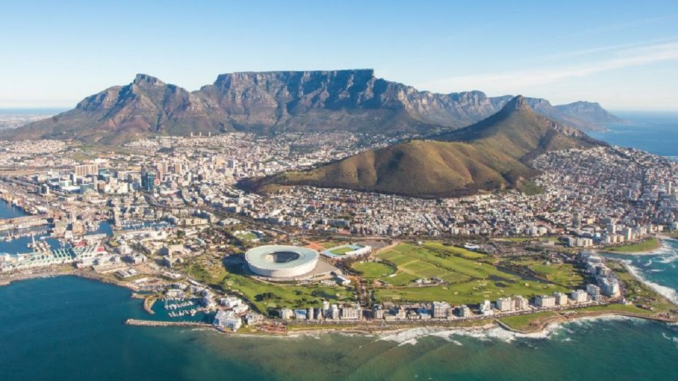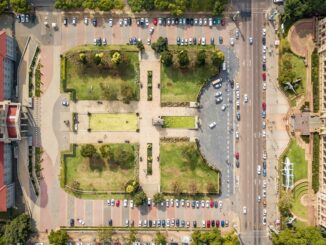
African School on Decentralisation
The African School on Decentralisation (ASD) is offered jointly by the South African Research Chair in Multilevel Government, Law and Development at the Dullah Omar Institute (DOI) of the University of the Western Cape and the Centre for Federalism and Governance Studies (CFGS) of Addis Ababa University.
The School analyzes decentralization in Africa, presented by leading international experts on decentralization from Africa and further afield.
Course Summary 2022
- Focus: Good Governance in African Cities
- Dates: 30 May – 10 June 2022 (two weeks)
- Location: Cape Town, South Africa (in-person, if conditions permit)
- Application deadline: 14 February 2022
- Brochure in PDF
- More information and registration: visit https://africandecentralisation.org/
Course Details 2022
The 2022 course shall be based on the theme “Good Governance in African Cities”. This theme was chosen in light of the fact that Africa is urbanizing at a higher rate than any other continent. Indeed, more people are moving to cities, attracted by economic and job opportunities – this is a global phenomenon, and Africa is no exception. Yet, despite being drivers of growth and development, the position of the city is regarded as marginal to current debates and good governance controversies in Africa. For example, the negative impact of overurbanization is often over-emphasized such as the concentration of poverty, slums and social disruption in developing cities. This course aims to illustrate the central role of cities as engines of national economic development.
The sheer complexity of African cities challenges both traditional urban understandings and normal development policies. Indeed, the diversity of African cities is difficult to comprehend, thus the first step toward solving the urban development quandary. However, cities do represent the best hope for growth and opportunities.
The programme will be structured towards the multidimensional measures of good governance, namely, the rule of law, participation, transparency, accountability, responsiveness, equity, effectiveness and efficiency, and strategic vision. African cities have diverse governance structures, and powers and functions to drive the key aspirations listed in the Agenda 2063: The Africa We Want and the achievement of the Sustainable Development Goals (SDG’s) as set out in the United Nations Development Programme (UNDP) Report (2015). Without good and inclusive governance, African cities will not achieve their social and economic targets.
The course will be presented by leading experts in the field from an international and regional perspective. It offers a platform in which African state practitioners, academics and activists can be educated and encouraged to innovate and experiment, and to learn from one another in order to address the challenges brought about by rapid urbanization. The course will include lectures, interactive discussions, case studies and study visits dealing with the selected thematic areas. Also, it will focus on the literature pertaining to the different continents and use comparative case studies to deepen the knowledge on and understanding of the challenges confronting the African region. The ultimate goal is to advance good governance in African cities.
2021 Inaugural Programme (virtual programme)
The Inaugural African School on Decentralisation was held during 16-27 August 2021 where 21 participants from different countries in Africa participated and qualified with a postgraduate certificate in Decentralisation in Africa (see video below).



